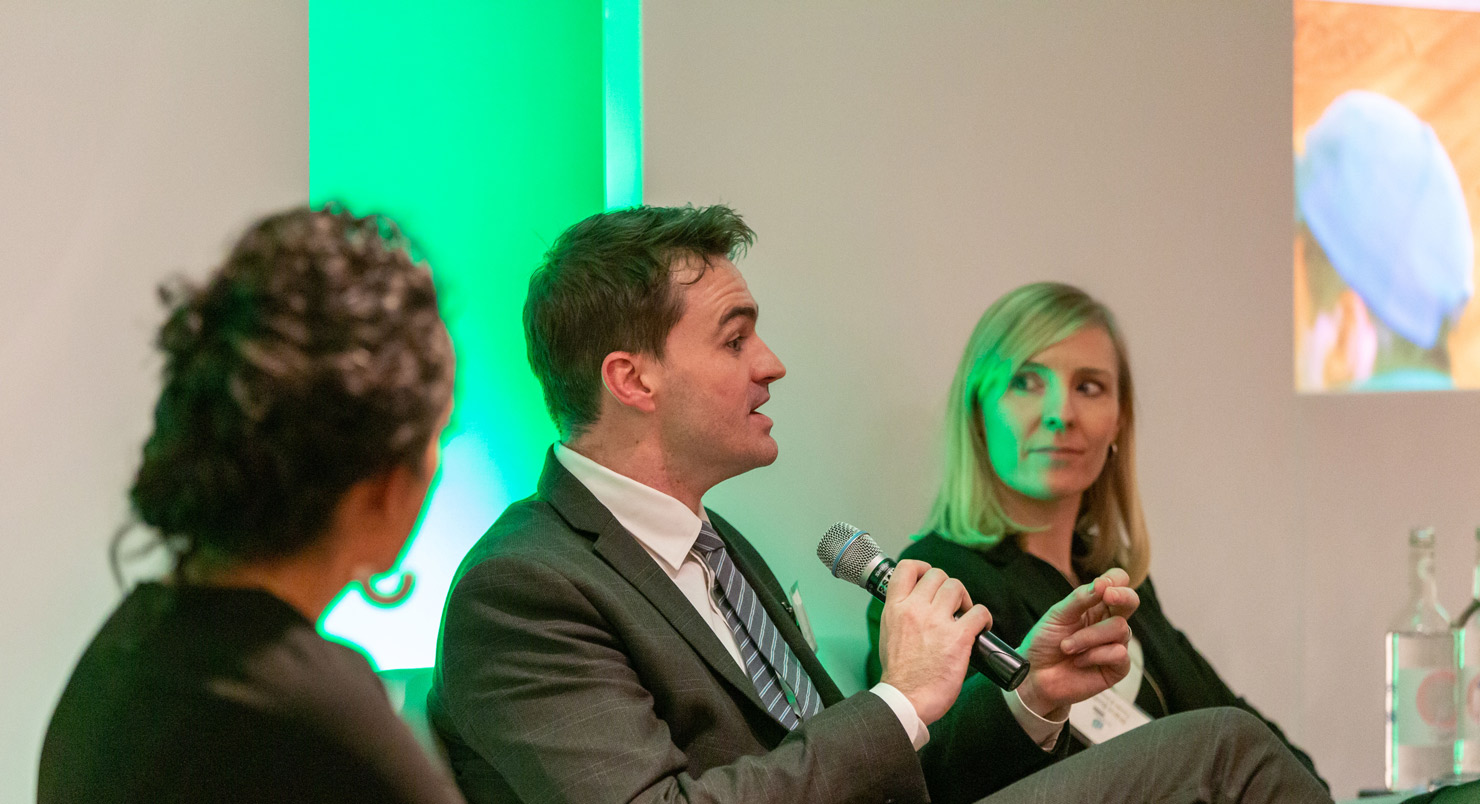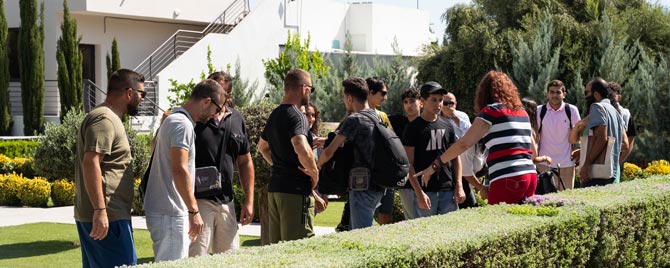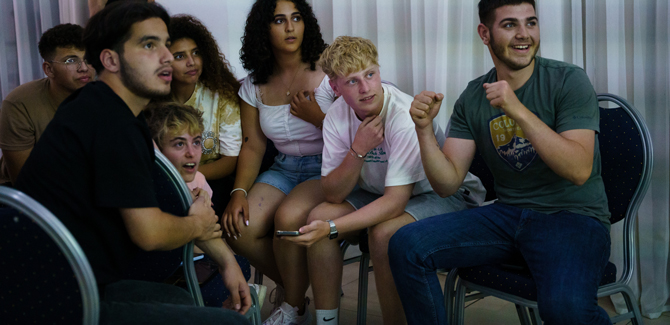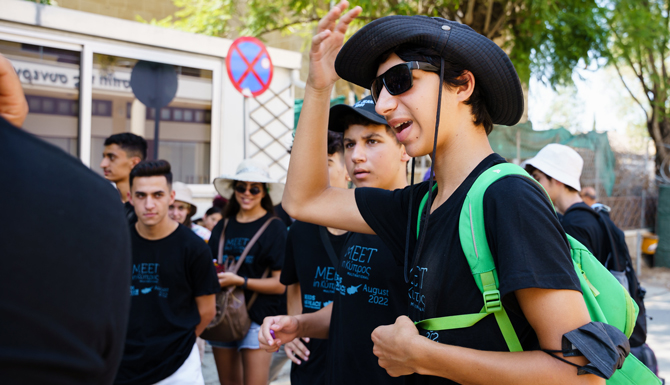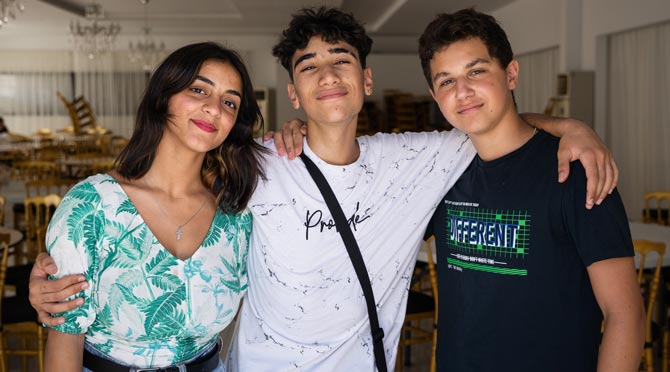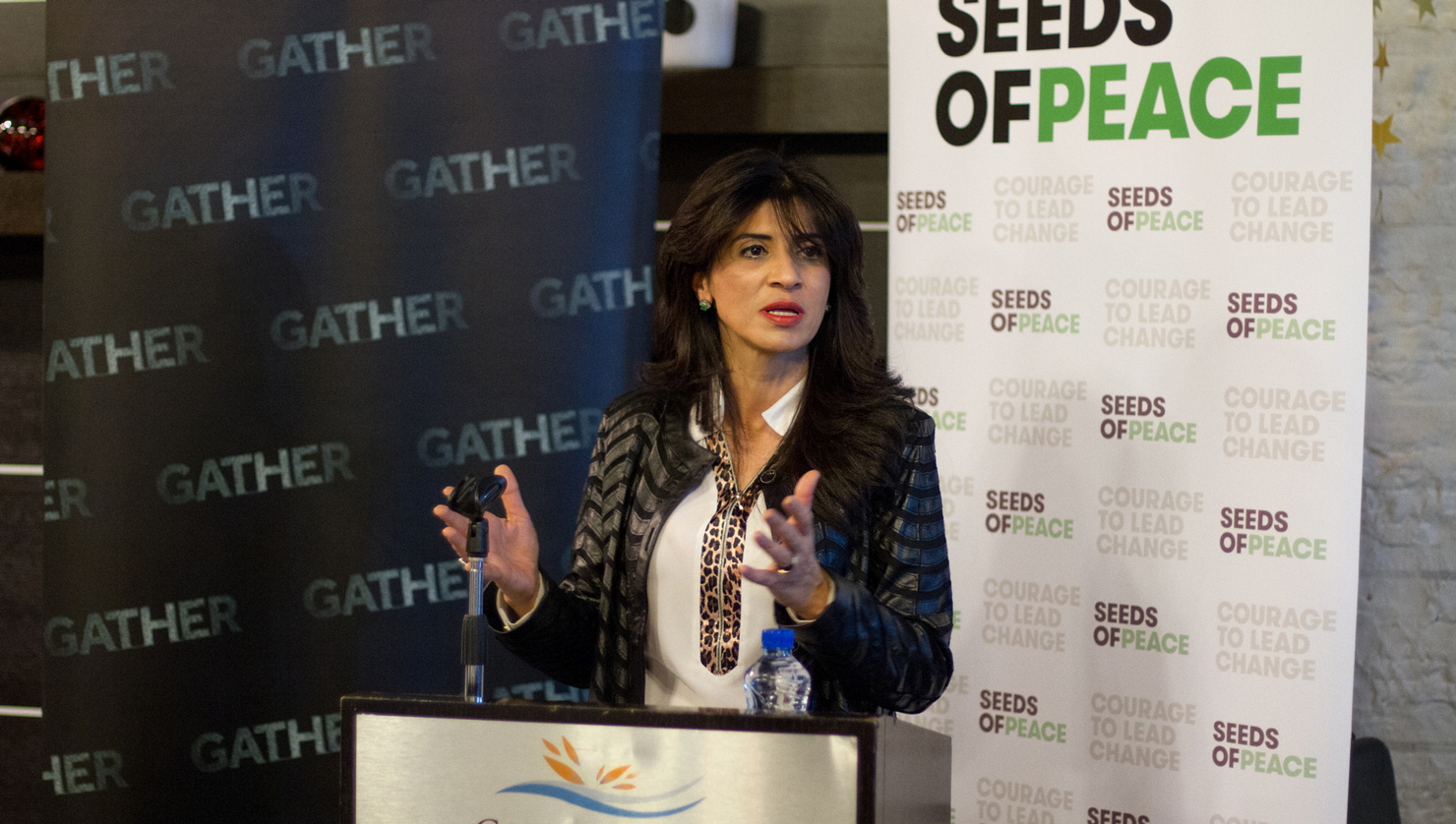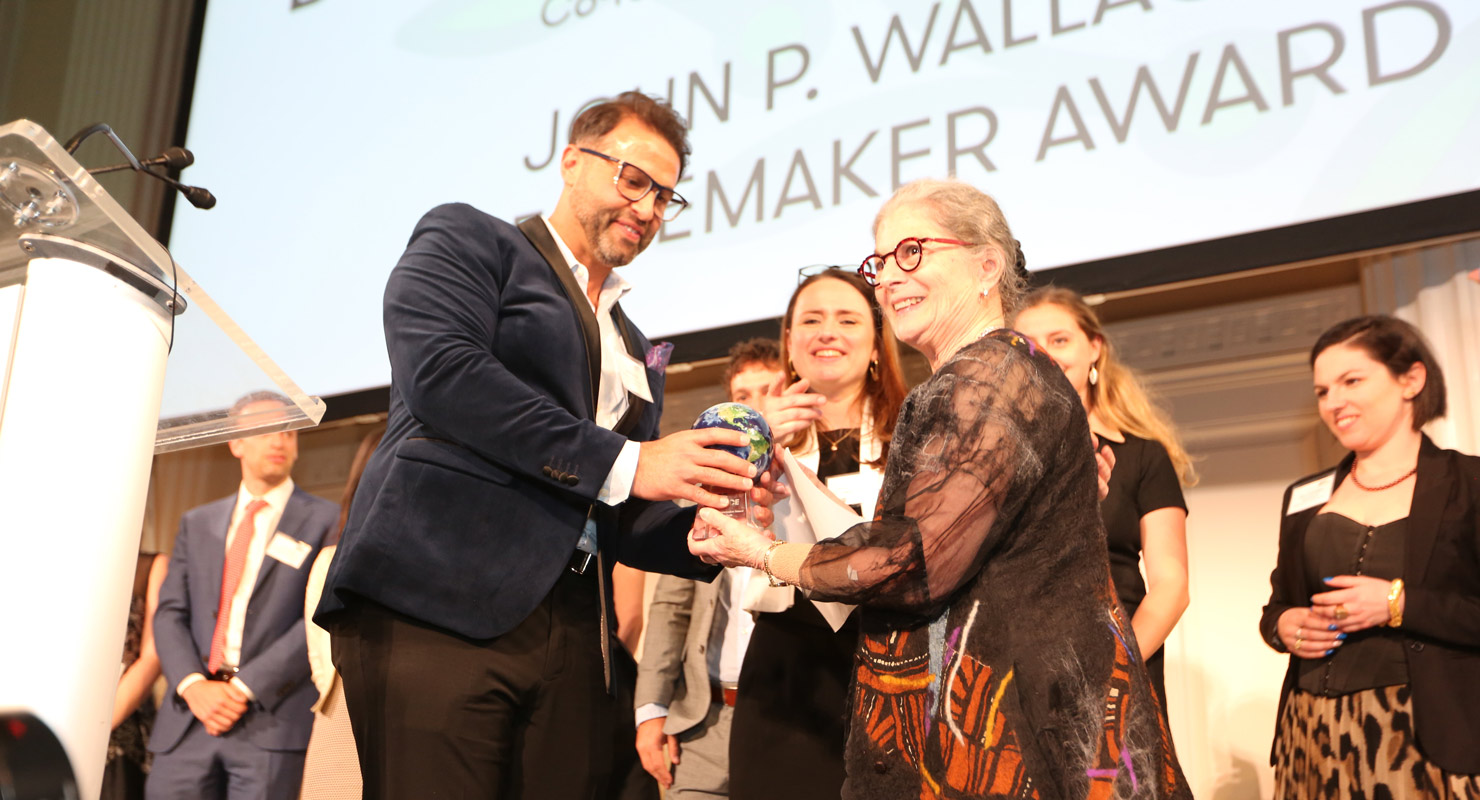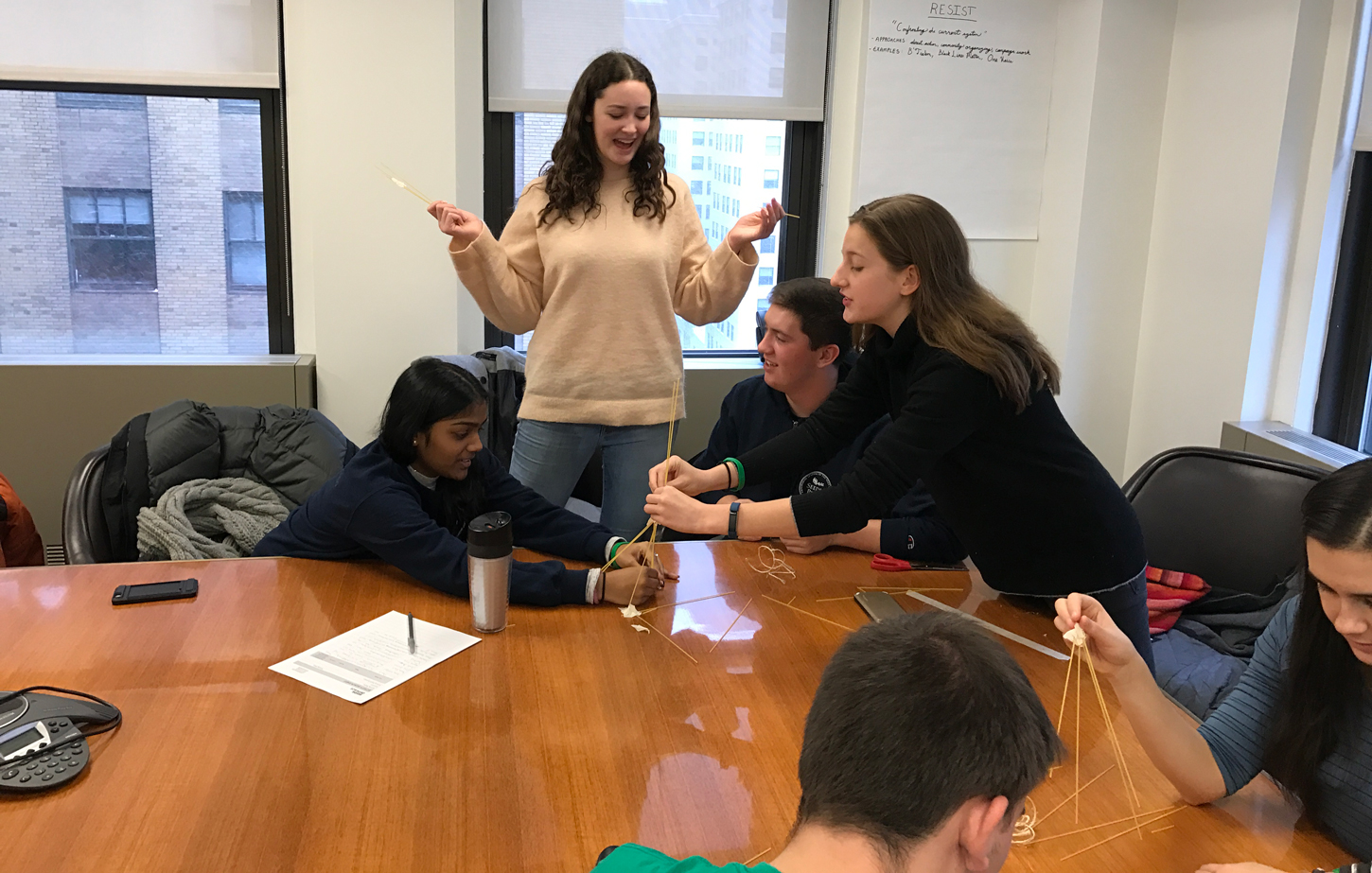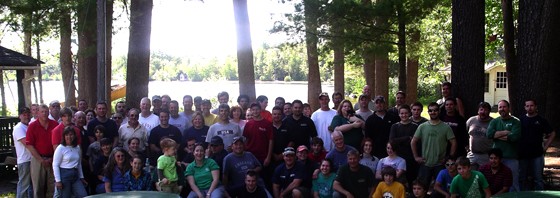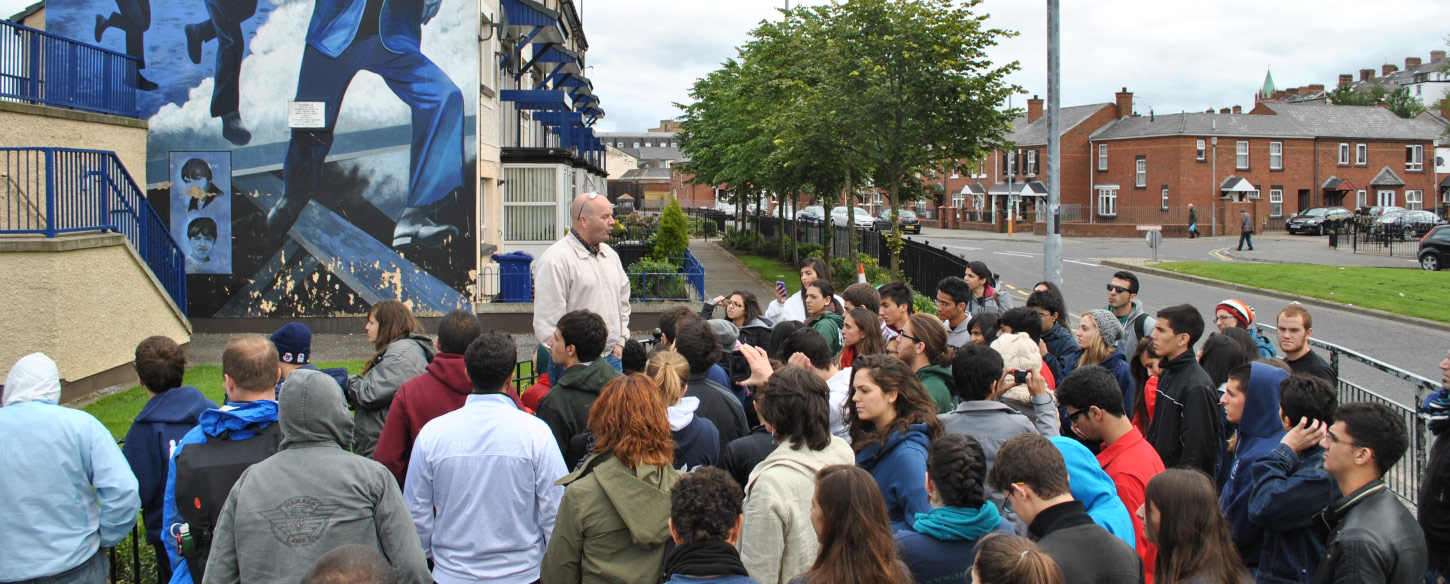“When change is structural, people powered, and seeks to name and shift power, we get to some place real,” Kiran Thadhani, Seeds of Peace Director of Global Programs said last week at the 2019 United Kingdom Reception.
The power of people-to-people work and a shared vision of conflict transformation were key points of the annual event, which for the first time featured a formal partnership between Seeds of Peace and the peacebuilding organizations Solutions Not Sides and the Alliance for Middle East Peace (ALLMEP). Held on Nov. 18 at the Berkeley Hotel in London, it was attended by over 100 alumni and supporters of the three organizations, as well as politicians and local philanthropic and business leaders.
The evening opened with remarks from Alistair Burt, who, after nearly 32 years of public service, stepped down earlier this month from his role as a Member of Parliament and Minister of State for the Middle East. He spoke of the the importance of hope in dealing with the seemingly impossible, and whether it was the fall of the Berlin Wall in Germany or the end of apartheid in South Africa, change came because of the work of people on the ground—not politicians in office.
“I’ve never stopped believing that it is possible to get a resolution of issues between Israel and Palestine,” he said. “But I’ve also come to believe that whatever is done at the top level, it will be underneath that things will really make a difference.”
Burt was followed by presentations from Thadhani of Seeds of Peace, as well as John Lyndon, executive director of ALLMEP, and Sharon Booth, founder and executive director of Solutions Not Sides.
After speaking about their organizations’ individual goals and work in the peacebuilding field, the three participated in a question-and-answer session moderated by Ruba, a Palestinian member of the 2002 Israeli delegation and 2015 GATHER Fellow. They spoke about the challenges of creating change amid increasingly divided and hostile environments, the need to understand the roots of conflict and violence, and that conflict can only be transformed through deep co-commitment and solidarity.
“This kind of change isn’t just about one organization, one person, one movement,” Thadhani said. “We must work collectively, which is why you also see we are not alone on this stage.”
Learn more about Seeds of Peace’s programs in Europe ››
EVENT PHOTOS


